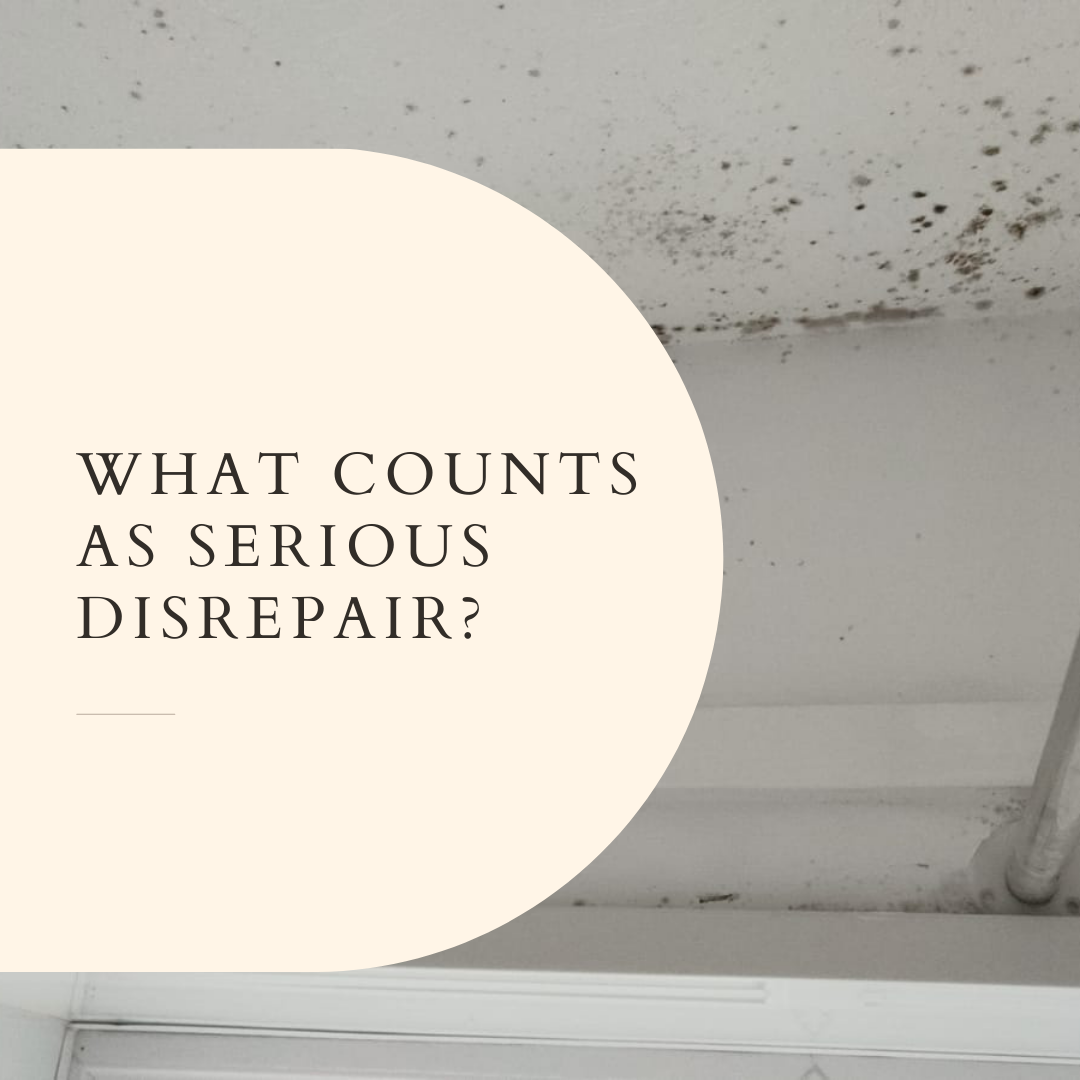What counts as serious disrepair? When it comes to the condition of a property, the term “serious disrepair” can be concerning for both tenants and landlords alike. Serious disrepair can pose risks to tenants’ health and safety and can have legal implications for landlords. So, what is classified as serious disrepair?
Serious disrepair refers to significant damage or defects to a property that affect its habitability or pose risks to the occupants’ health and safety. Examples of serious disrepair may include structural issues, such as a collapsing roof or walls, damp and mold growth, faulty electrical systems, leaking plumbing, and lack of heating or hot water. These issues may render the property uninhabitable or make it unsafe for tenants to live in.
As a landlord, you have a legal obligation to ensure your property is fit for habitation and free from serious disrepair. The Landlord and Tenant Act 1985 outlines your responsibilities as a landlord and sets out the criteria for what constitutes serious disrepair. Under this act, you must ensure that your property meets the minimum standard for housing, including:
- The property is structurally sound and does not pose a risk to the health and safety of occupants
- The property has adequate heating and hot water
- The property is free from damp and mold growth
- The property has a working and safe electrical system
- The property has adequate ventilation and natural light
- The property has functioning toilets and washing facilities
If your property falls short of these standards and has serious disrepair issues, your tenants have the right to take legal action against you. They may be able to claim compensation, terminate their tenancy agreement, or request that the local council takes action against you to address the issues.
In summary, what counts as serious disrepair refers to significant damage or defects to a property that affect its habitability or pose risks to the occupants’ health and safety. As a landlord, you have a legal obligation to ensure your property meets the minimum standard for housing and is free from serious disrepair issues. Failure to do so can have legal and financial implications for you as a landlord.
If you think we can help you. Then feel free to get in touch https://housingdisrepairadvice.org/contact
